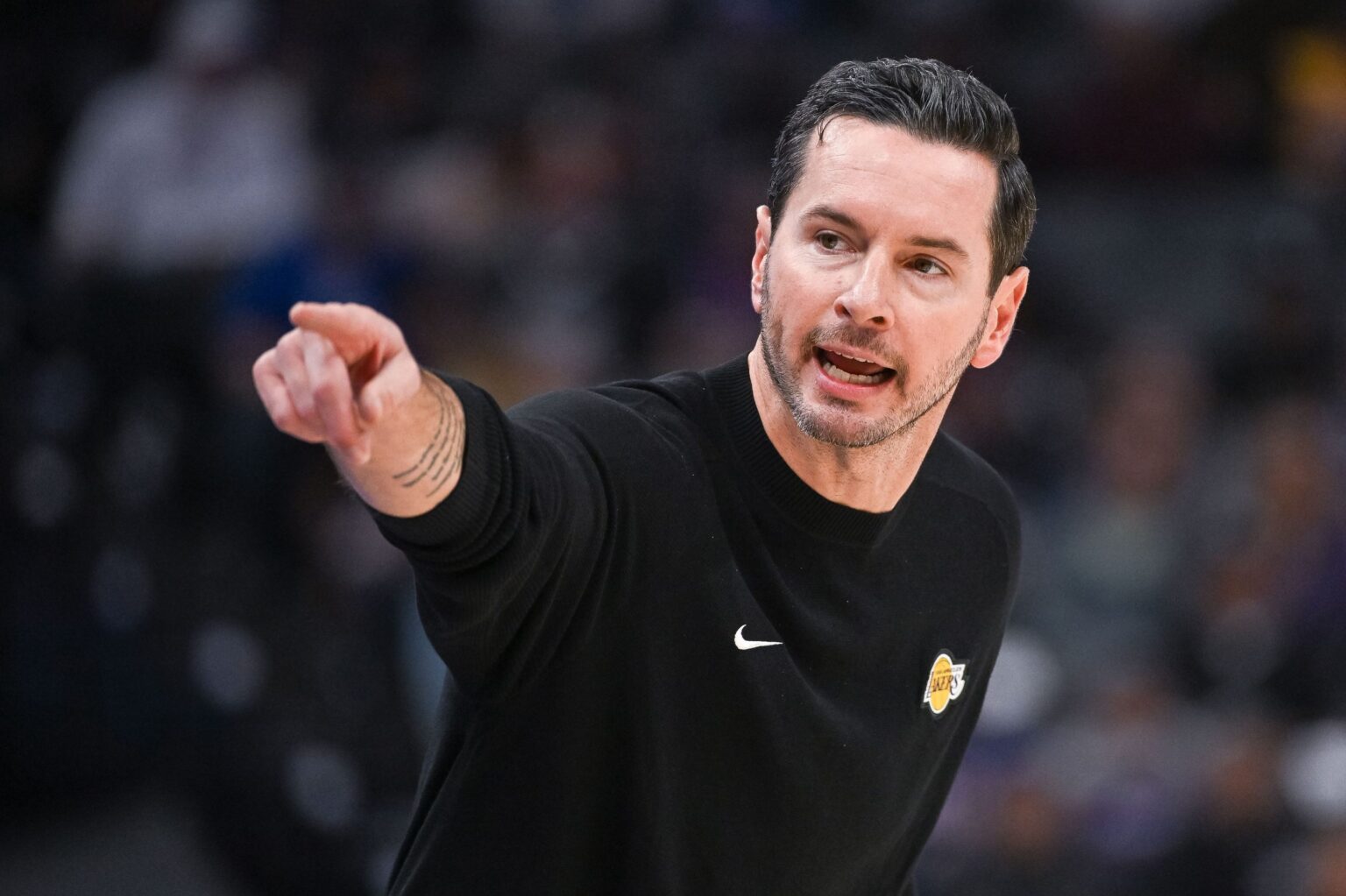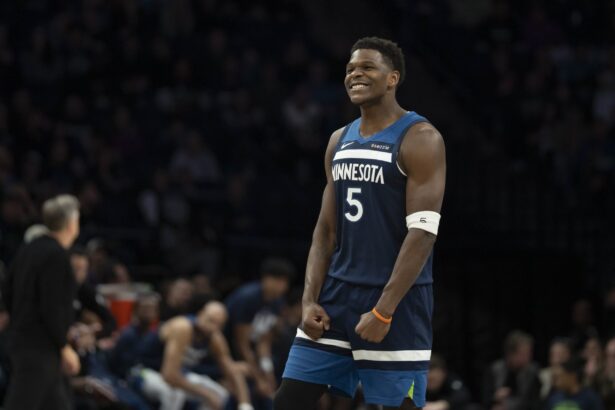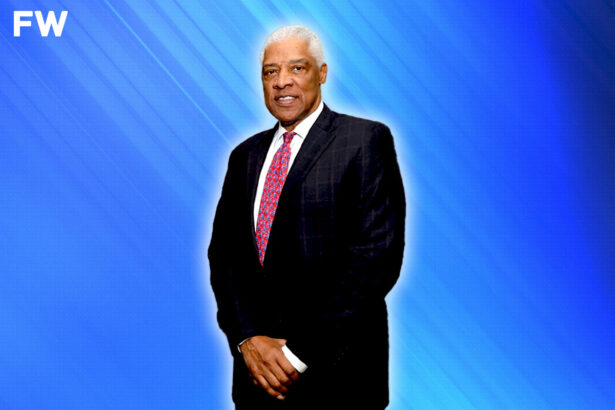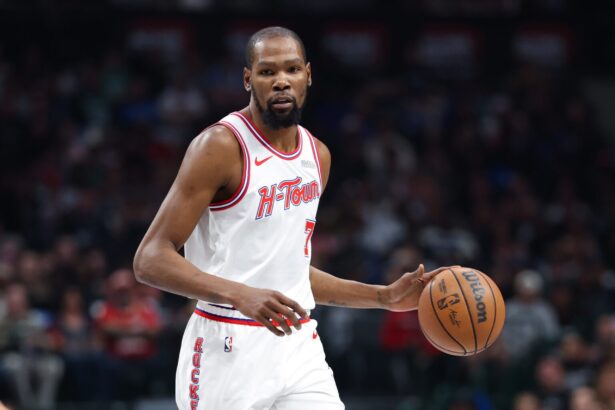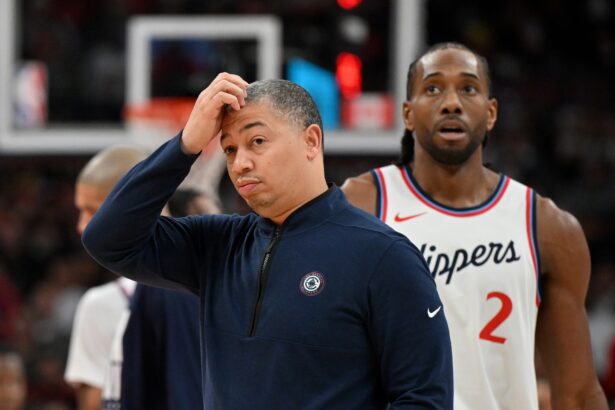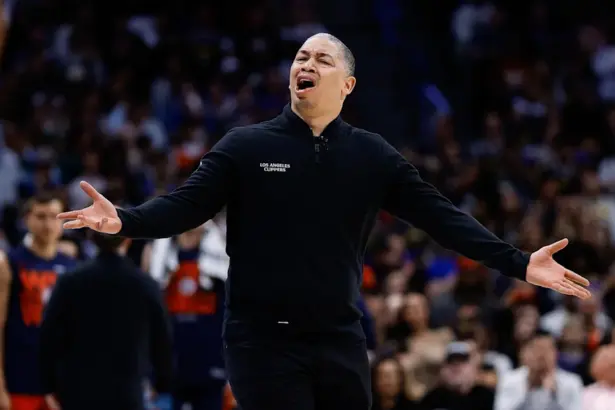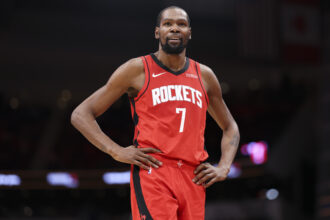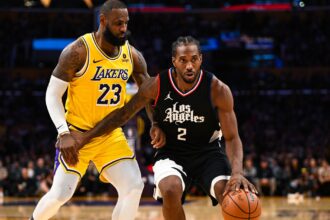Two locker rooms. Two very different postgame moods. After a humbling 122–102 loss to the Atlanta Hawks, Lakers head coach JJ Redick stood at the podium, visibly frustrated, his tone clipped and his words sharp.
“Not a lot to like tonight. They brought effort, urgency, physicality… we didn’t. I saw nothing in the first two minutes.”
He answered only a few questions before walking out, clearly disgusted by his team’s lack of energy.
Nearly 800 miles away in Dallas, Jason Kidd faced the same situation: another loss, another uninspired performance, and another night of confusion for a Mavericks team now sitting at 3–7, tied for the second-worst record in the Western Conference. But Kidd’s tone couldn’t have been more different. As guard Max Christie explained, his message to the team was simple:
“Stick together. The boat isn’t burning. We’re fine.”
Those two postgame approaches, Redick’s intensity versus Kidd’s composure, perfectly capture the growing cultural divide between the Los Angeles Lakers and Dallas Mavericks, two franchises linked forever by the trade that sent Luka Doncic west and left Dallas searching for an identity.
Redick, in just his second season as Lakers head coach, has made accountability and urgency non-negotiable pillars of his program. His postgame reaction wasn’t performative frustration; it was a reflection of a standard he’s set from day one.
The Lakers, now 7–3 and sitting fourth in the West, have responded to his leadership with structure, focus, and buy-in. When they lose, Redick doesn’t sugarcoat it. He calls out lack of effort, details specific issues, and challenges his players to respond.
Jason Kidd, on the other hand, has taken the opposite approach. The Mavericks’ culture has drifted toward complacency, masked by excuses about health and chemistry. The team looked disorganized and uninspired. The offense is stagnant, the defense porous, and the energy low. Luka Doncic’s departure last season gutted both their talent and their edge, and the Mavericks haven’t rediscovered either.
Kidd’s comments reflect a man trying to calm panic, but in doing so, he risks normalizing mediocrity. When a coach’s message after a brutal loss is that ‘the boat isn’t burning,’ it sends a dangerous signal to a young roster struggling to find its competitive voice. The West doesn’t wait for anyone. Fall behind early, and a season can slip away before Christmas.
The contrast between the two coaches extends beyond philosophy, it’s symbolic of each team’s identity. Redick’s Lakers play with purpose, discipline, and clear communication. They demand accountability. Even in losses, the tone is one of urgency. The Mavericks, however, feel like a team still in denial about what they’ve become: a lottery-bound roster built around aging or injury-prone stars, steered by a coach reluctant to confront reality.
That’s not to say Kidd hasn’t been through this before. As a player, he was known for his poise and vision; as a coach, he’s seen the highs and lows of rebuilding and contention. But in Dallas, that composure has tipped into passivity. The Mavericks have lost their edge, their creativity, and their confidence, all traits that defined the Luka era just two seasons ago.
Meanwhile, Redick’s presence in Los Angeles has injected something that was missing even during LeBron James’ peak years, accountability from the top down. Redick’s background as a former player gives him credibility, but it’s his transparency and intensity that resonate most. He’s not interested in managing egos or narratives. He’s interested in results.
At the moment, one team looks like a contender searching for consistency, the other like a franchise searching for its soul. The Lakers’ loss in Atlanta may have been ugly, but the reaction from Redick showed a team that refuses to accept complacency. The Mavericks’ loss and Kidd’s reaction to it showed a team that’s simply content to endure it.
As the season unfolds, those two tones will define their paths. Redick’s urgency feels like the beginning of a standard being built. Kidd’s calm feels like the acceptance of one already lost.

